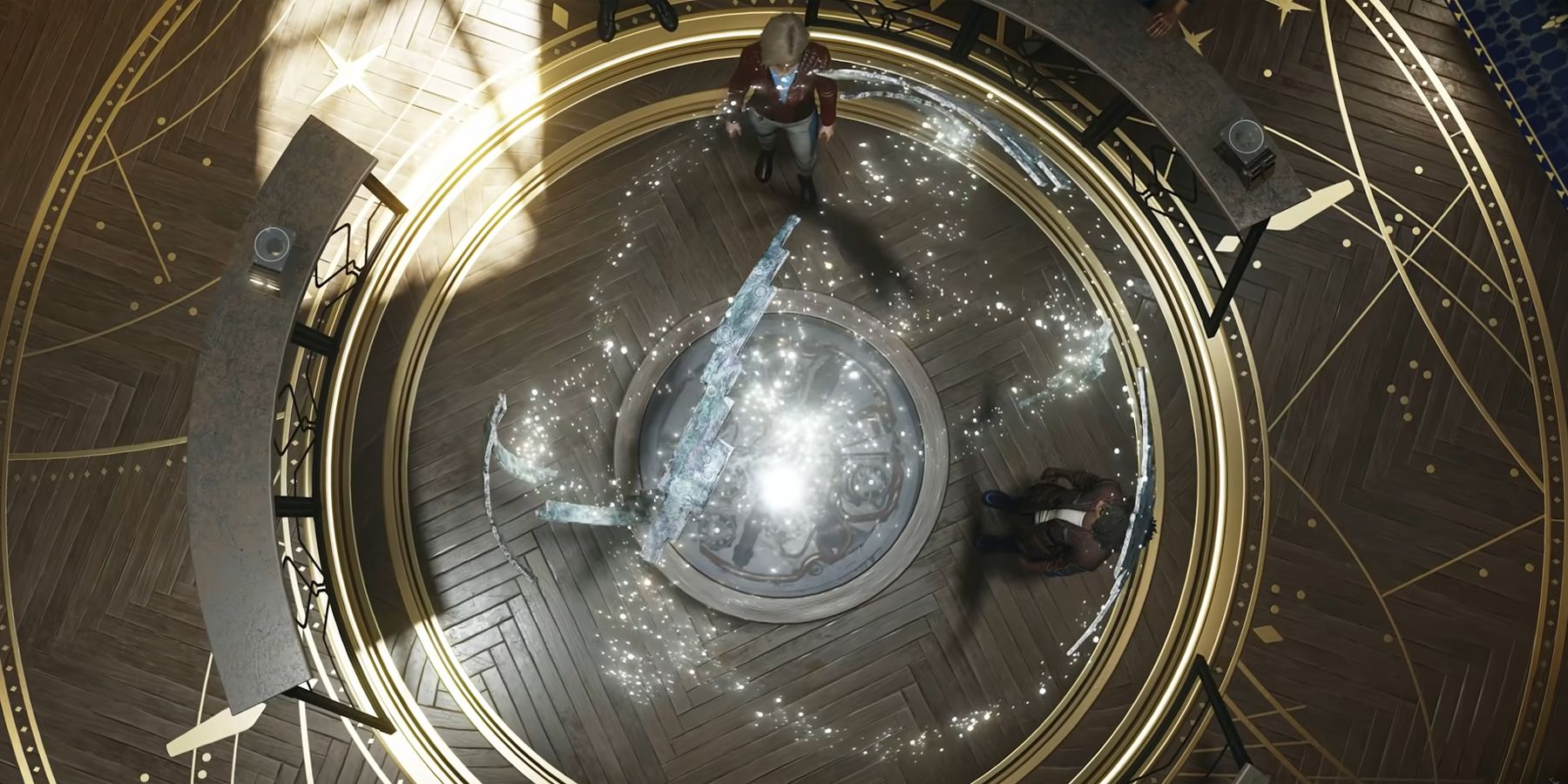
Bethesda's upcoming sci-fi RPG and space game, Starfield, is highly anticipated by fans who have been waiting for the studio's first new AAA release since Fallout 76 in 2018. As the publisher's biggest and most ambitious game so far, Starfield is also the first new IP from Bethesda's in-house studio since 1994. With the Starfield Direct showcase scheduled for June 11, fans are eagerly awaiting more information on the game's story and gameplay, including its procedurally generated planets. While Bethesda has given some insight into the plot, which involves players uncovering ancient artifacts scattered across the galaxy, some fans are concerned about the possibility of the game implying that humanity's progress is the result of an outside source.
Starfield Should Not Focus on Its Precursor Race
Advanced alien civilizations from the past have become a popular trope in science fiction, with many video games featuring their own versions of these precursors. From the Forerunners in Halo to the Protheans and Reapers in Mass Effect, and the Isu in Assassin's Creed, these ancient beings often serve as the central mystery of the story and provide a source of horror and excitement for players. Additionally, they offer an opportunity to explore a lost and forgotten civilization, adding depth to the sci-fi setting. However, the danger with using precursors is that they can easily overshadow the main plot. In Halo, the Covenant's worship of the Forerunners becomes a significant issue, while Forerunner artifacts are crucial to every game. In Mass Effect, the Reaper invasions are the result of the mistakes of the even older Leviathans. Finally, the Assassins and Templars in Assassin's Creed may claim to be fighting for ideology, but they often spend their time fighting over precursor artifacts.
Humanity's agency is diminished when alien precursors have a significant role in shaping human development, as seen in popular games like Halo, Mass Effect, and Assassin's Creed. These civilizations may no longer rule over humanity, but their impact is still felt, and it's clear that humankind's destiny is intertwined with those that died out long ago. While it's acceptable for Starfield's alien artifacts to encourage exploration, Bethesda must be cautious not to make the entire universe revolve around these precursors. Direct involvement in the game should be avoided, and the game should not suggest that humanity's evolution and technological progress have been guided by a previous society.
Starfield Needs to be a Game About Humans
Starfield's focus should be on humanity, even though it takes place in space. The game doesn't need aliens, ancient ruins, or galactic threats to be captivating, and it's the perfect AAA game to demonstrate that. Bethesda has shown that it's capable of writing engaging stories about human conflicts, as evidenced by the plots of Fallout 3 and Fallout 4 and the Far Harbor DLC.
Thankfully, there are some encouraging signs for Starfield. Unlike other science fiction franchises, the game's universe doesn't revolve around ancient aliens. The artifacts driving the plot are a recent discovery, indicating that humans reached the stars without relying on someone else's accomplishments. Additionally, the conflict between the United Colonies and Freestar Collective seems to be a clash of ideologies rather than a battle over alien trinkets.















